Europe is enduring its worst drought in 500 years
There is a crisis of mammoth proportions for Europe, worse than inflation, worse than the energy crisis. Europe is experiencing a kind of drought not experienced in 500 years, and the European economy is taking a further beating as a result.
With the worst droughts in 500 years, 47% of Europe is under warning conditions and struggling with a clear deficit of soil moisture.
The recent European drought has impacted electricity generation, disrupted transportation and has displaced thousands.
There has been a widespread loss of income and it appears that no sector has actually been spared, with agriculture and financial institutions being two of the hardest hit.
How much more of a beating can the economy of Europe endure?
It means that something's changed and something's gone wrong, that we're seeing both heat and dryness like this.
So personally, I'm concerned that this is only going to get worse and UK is going to have to adapt to the hotter weather as we have more and more summers like this.
UK Resident
Major rivers across the continent at lowest levels in years
Where we’ve started our holiday to walk the Thames path, we started at Thames head this morning, we haven't found the Thames yet, as you can see, it's completely dried up all the way.
British Hiker
Broad free flowing waterways like the Rhine, the Danube and others, have dried up or have been reduced to trickles.
Due to the sinking levels of the Rhine, it is getting increasingly difficult to load the ships, because they can carry less cargo.
This costs us more and more capacity. And it has been getting significantly worse in recent months because of the ever lower levels of the Rhine.
Oliver Grossman, Managing Director, CTS
Online social media posts on this topic were directed at the governments for either not doing enough, or for not having taken previous warning signs seriously, when it came to climate change
Climate change is no longer the main topic of concern since surviving and weathering the energy crisis is of a more existential nature.
The drought currently affecting Europe is rather severe in terms of its intensity and longevity and seems set to persist for a little longer.
What effect would this have on the economies in Europe and what can governments do to lessen the effect, especially with regard to ordinary people's income?
Water is an essential good, is essential for the functioning of human societies, and is essential for ecosystems and for individuals. So lack of water or decrease of water with respect to the regional standards is always a major problem.
And there are sectors which are directly involved, the most obvious one is agriculture, but also energy production, and also there are the indirect effect on tourism, and on the environment and the effect on, not just on the economy, but also the cultural tradition [sic].
So, you are actually experiencing, you know, arts are experiencing a very severe contraction, then you can also lose environments and landscapes that are perceived as part of a cultural heritage, as part of the cultural [sic] of all different countries.
So of course, agriculture has been most affected and clearly there is damage. Actually, agriculture is not the primary source of income for most of the European countries that are affected by this crisis.
And maybe I can disagree some of the other questions that you might pose, and there is a lot of potential for adapting and contrasting those effects.
But in general, of course, they are causing a severe stress on several sectors and on individuals and on human society in general.
Prof. Piero Lionello, Oceanographic & Atmospheric Science, Salento
The current droughts have significantly impacted people's standard of living, already impacted by a strained economy, the COVID-19 pandemic and the untenable inflation that is gripping many, if not all, European countries.
How will its continuation affect ordinary people's lives?
Countries in such crisis as we have witnessed this year, there is an inflation, lack of water, high temperatures will definitely have a negative impact, directly, on tourism, and tourism is a very important line in any country's economy.
And we're talking particularly among countries that depend on having good weather for tourists to come to Spain, Portugal, France, and Italy. So that is the first major issue. To add the heat [sic] would definitely affect a lot of production and agriculture and thus not only tourism, the supply chain would be disrupted.
Dr Dureid Mahasneh, Hydrologist, Jordan
to show the depth of the problems that Europe and the UK are experiencing when it comes to the current drought is no easy feat since the problem is very broad and far reaching.
The European Commission's Joint Research Center, JRC, announced last week that almost half of the landmass of the EU and the UK is at risk of drought.
Rainfall deficit, moisture deficit and vegetation stress, the hallmarks of this drought, are issues that are making this drought so severe.
The duration and scope of the drought has increased every year from 2012 to 2021 and is currently more widespread than ever.
Vegetation stress, rain and soil moisture deficits have steadily increased in severity from 2012 to 2022.
The economic impact of the drought has been severe. It has impacted different countries in Europe to different extents. The most severely affected by the drought is Spain, Italy being second and then France and the UK.
It has been projected that the resultant economic loss could amount to as much as €65.5 billion, should no climate action be taken.
Cost of the drought to European economies
Surprisingly enough the economies of countries such as Greece, the Netherlands, Poland, Portugal, and Sweden are faring far better than the European economic powerhouses.
The sectors most affected by drought are the agricultural sector, 44% affected, and the energy sector which has been affected severely by drought. After energy we have water at 20% with transport coming in at 2%.
How might this drought, ascribed to climate change, result in social crisis?
Well, you know, there is an experience everywhere in the world that natural disasters by themselves are not enough to trigger social crisis, especially in well organized countries; governmental institution, public institutions, and organizations of citizens have a lot of capacity on their own on preventing actually the crisis hitting those that have lower means for facing[sic].
So I will say if you ask my personal opinion, it depends what you mean by social crisis. Clearly, damage and some reduction of income will undeniably occur.
But social crisis would be something very surprising in all organized countries, democratic countries, where citizens can elect the representatives, but in general, there is a strong capacity of the central governments to act in such a way to compensate for those crises and reduce risks.
Prof. Piero Lionello, Oceanographic & Atmospheric Science, Salento
It is evident that governments are equipped to actually deal with such conditions, thus the occurrence of social crisis may be somewhat farfetched.
The economic crisis as a result of the drought is multifaceted with agriculture, water and energy obviously affected, but that pushes people's lives to the edge, not only economically, but also in terms of survival.
What are the chances of the situation devolving into a social crisis?
Well, definitely, this is a crisis in the beginning, actually, we haven't seen the worst yet and the lack of water would result in socio economic instability.
Let's start first of all by the worries of some households that people would not get enough water for their needs.
Secondly, there are economic consequences in tourism and in industry, in so many other factors.
So it is not an easy factor, It is not an easy crisis and it will increase, and worse is that the link between clean energy and water is not available.
Dr Dureid Mahasneh, Hydrologist, Jordan
The economic cost of the drought is expected to put the governments under more pressure.
Extreme weather is affecting livestock producers who are already grappling with rising grain and energy costs, labor shortages and disease outbreaks, which have already affected meat markets across the globe.
The moment we are living and that our countrymen are experiencing with us, may seem to be structured by a series of crises, each more serious that the other.
And it is possible that we are perpetually destined to engage in managing crises and emergencies.
I believe that what we are going through is a rather big shift, a big change.
First, because we are experiencing not just this year, or this summer, the end of what seemed like abundance.
Emmanuel Macron, French President
Dairy farmers are in a similar predicament as problems caused by drought may lower their output in the coming months, which in turn will increase the price of dairy products which are already rising.
The drought years show that we have a thinner and taller wheat strands than before, despite reduced use of growth regulators.
And for a grain that is not too big originally, its weight per hectolitre is not very high, and the quality of the grain is also affected.
There is not enough protein in the grain, and as a result we produce much more fodder than usual, which is not suitable for bread making.
Henning Christ, Agro-economist
Drought in Europe
In addition to the fallout from the pandemic and the Ukraine conflict, things are looking pretty bleak for the continent as a whole, but the current heat-wave is not the first to hit Europe, in fact, there have been numerous other heat waves that Europe has experienced in the past.
The European heat wave of 2003 was blamed for more than 70,000 deaths. Subsequent heat waves in 2006, 2010, 2015, 2018, 2019 and 2020, killed thousands more.
Why have heat waves become so prevalent in Europe?
The simple answer is that Europe is warming disproportionately faster than the rest of the world having warmed by nearly twice the global average of 1.1 degrees Celsius.
Recent European heat waves caused temperatures rise three to five degrees higher than was recorded prior to the current period of climate change. Currently, that stands at 1.994 to 1.99 degrees Celsius warmer on average than the pre Industrial Average.
The first ever European Commission Pan European quantitative assessment of the economic impact in Europe shows the economic damage from drought.
Four regions are covered; Northern Europe called the boreal region, Southern Europe referred to as the Mediterranean region, Eastern Europe referred to as the continental region and Western Europe, which is referred to as the Atlantic region.
The drought in Europe will end at some point leaving certain sectors devastated, however, the real test for Europe, and the UK, will come this winter when they will be dealing with high energy prices and freezing temperatures.
The will of the Europeans is being tested as winter approaches and they must decide: heat or eat.
It is up to governments to help their own citizens, rather than spending money abroad waging endlessly futile wars; they should spend it on the welfare of their own citizens.
'Capitulation': Israeli officials and media concede Gaza defeat as truce unfolds
'Gaza has won': Social media users react to ceasefire with mix of relief, joy
Iran seeks South Korea’s assistance for AI, fiber-optic projects
VIDEO | Iran's 'Eqtedar' (Power) maneuver
Israel hits HTS military target in Syria for 1st time since fall of Assad
VIDEO | Press TV's news headlines
Israel has slaughtered 13,000 students in Gaza, West Bank
VIDEO | More Zionist than Zionists: Biden’s legacy to be defined by Gaza genocide


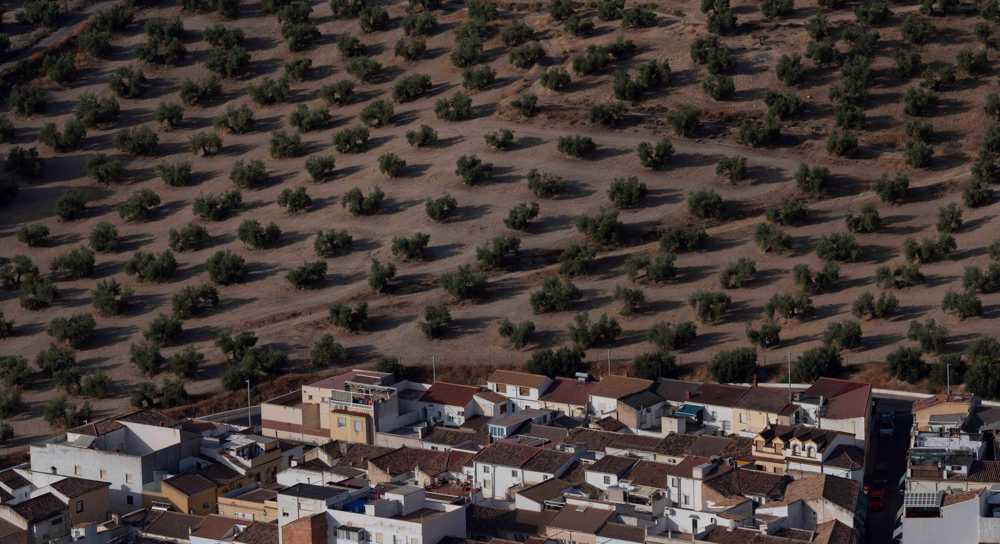
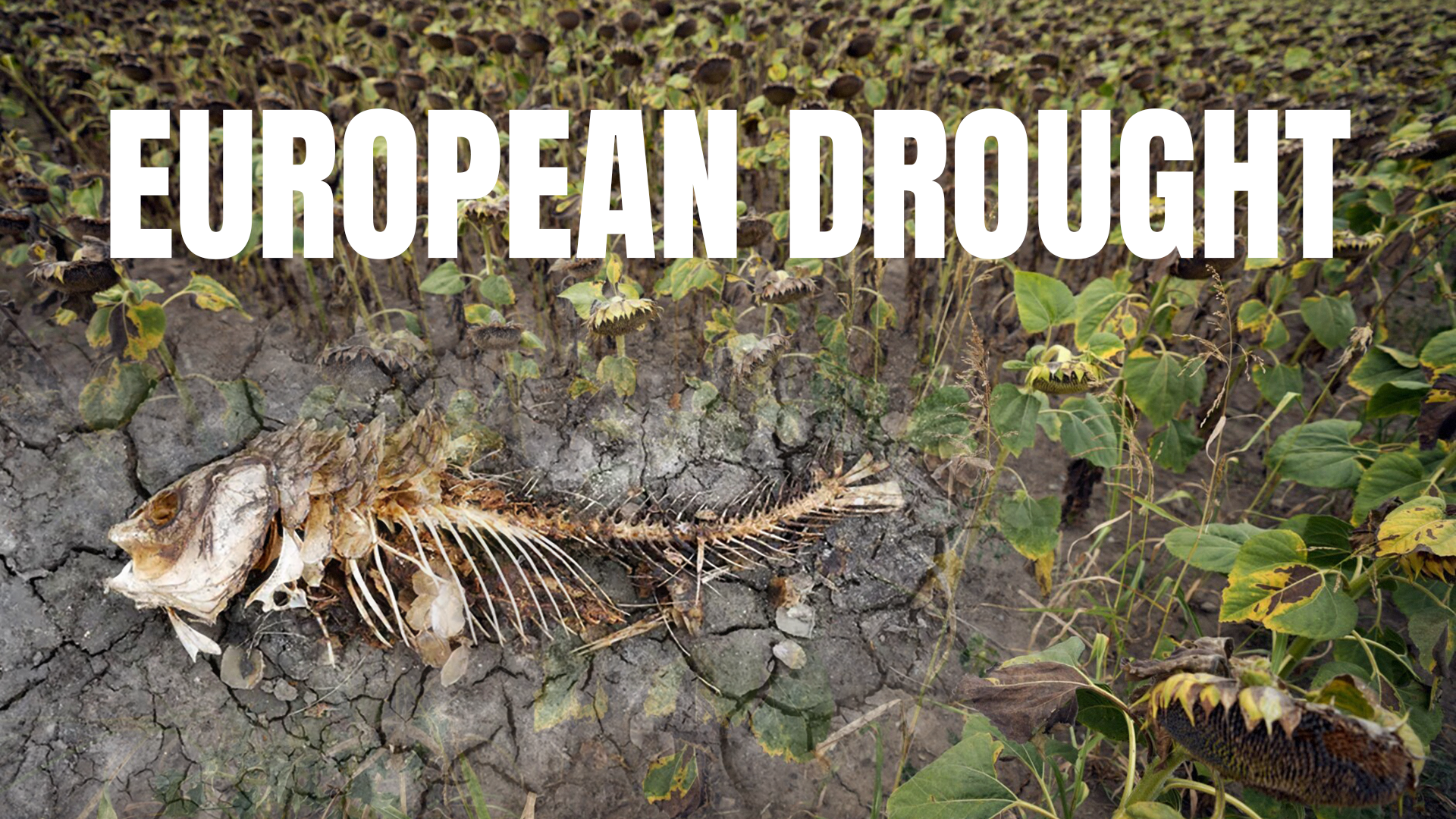

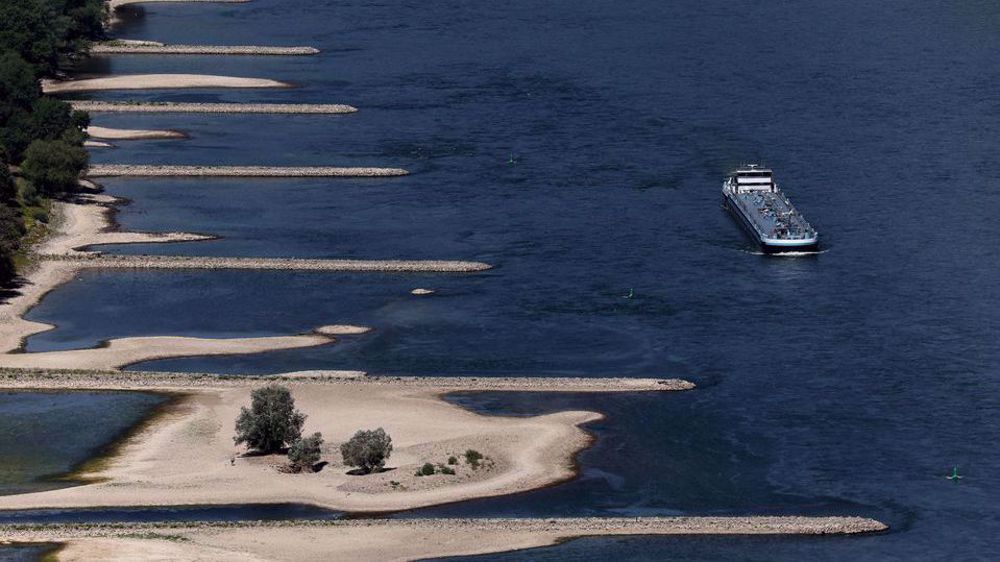
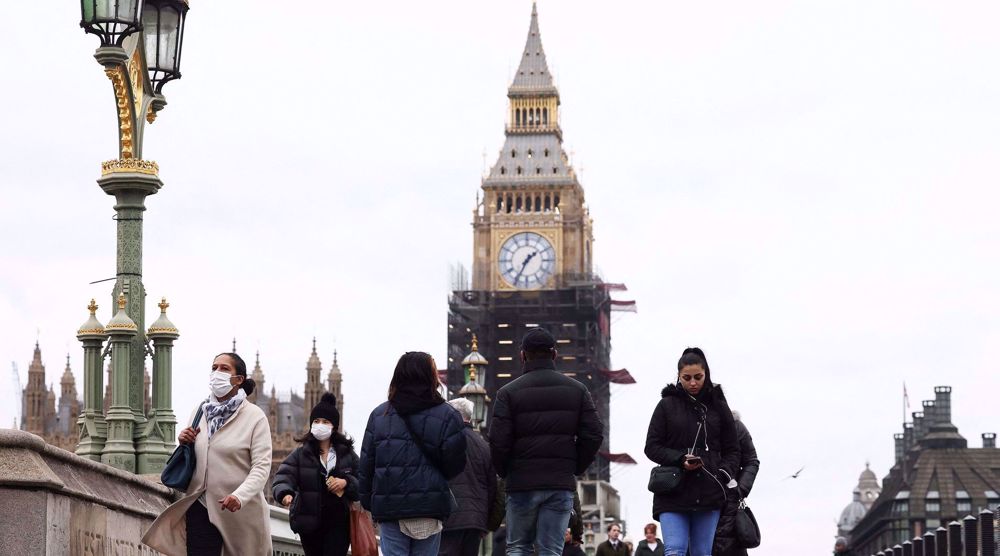
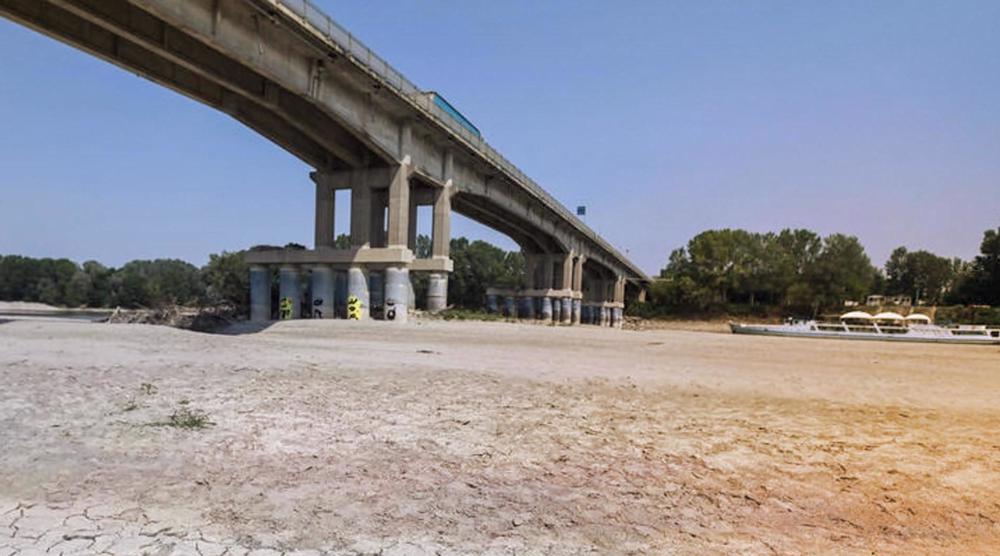

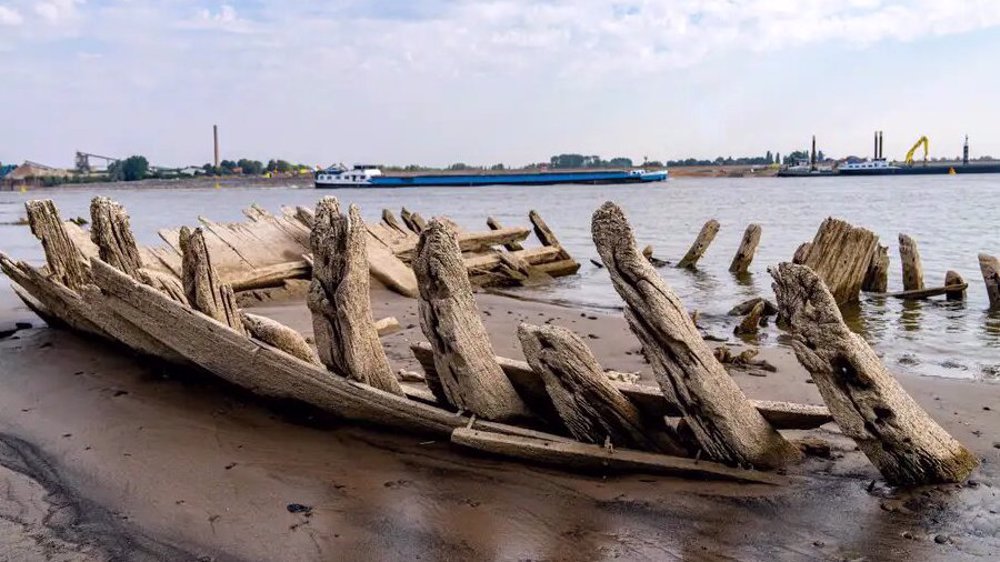
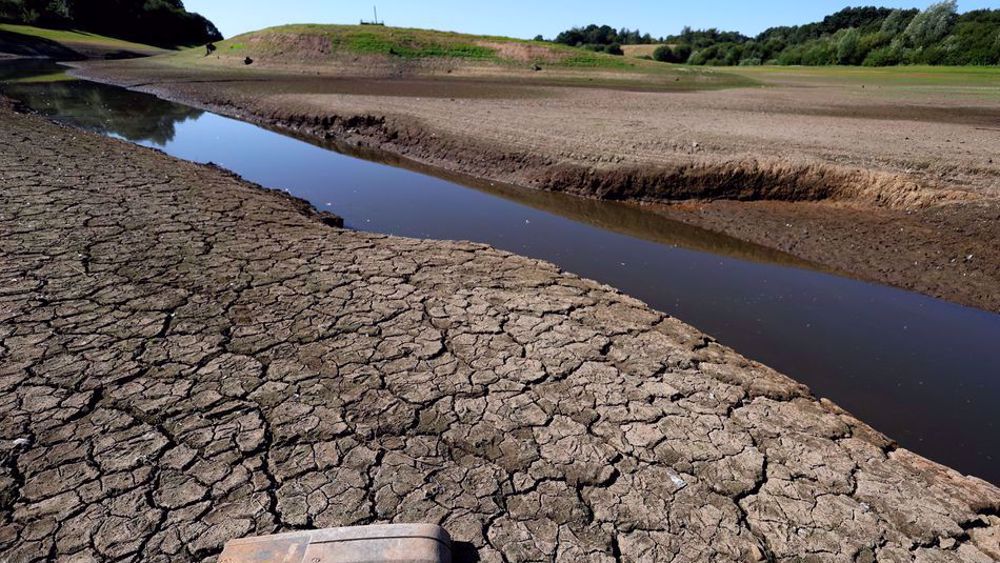


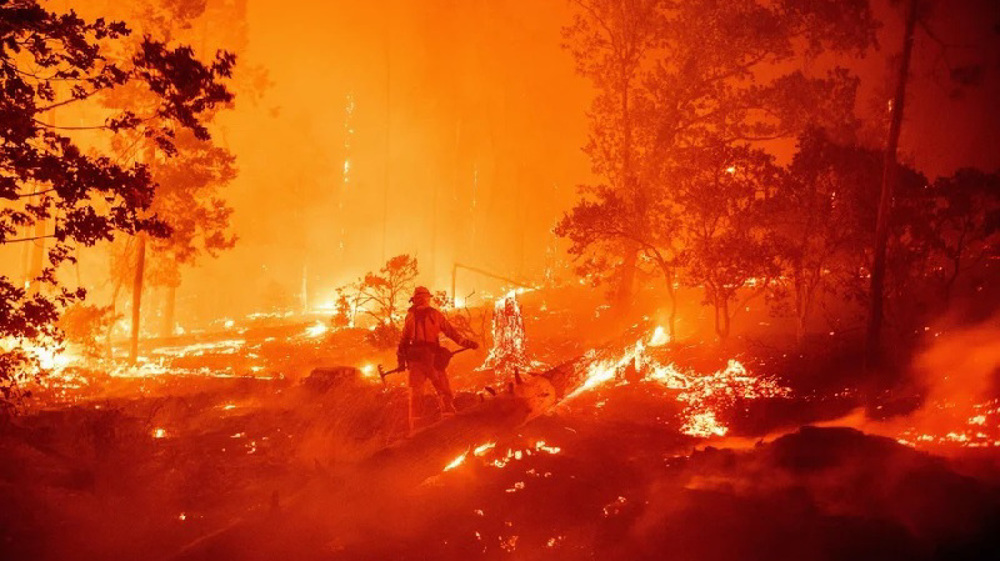



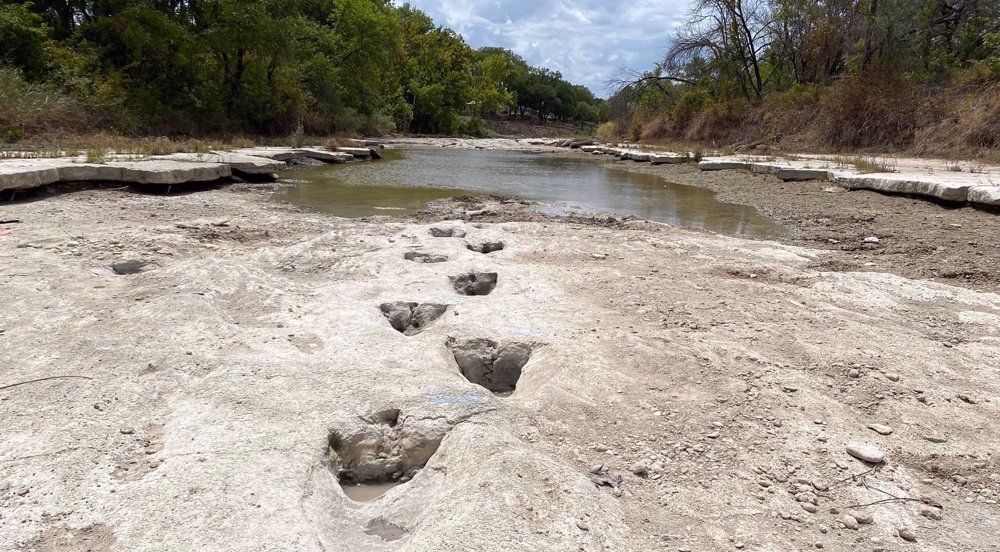
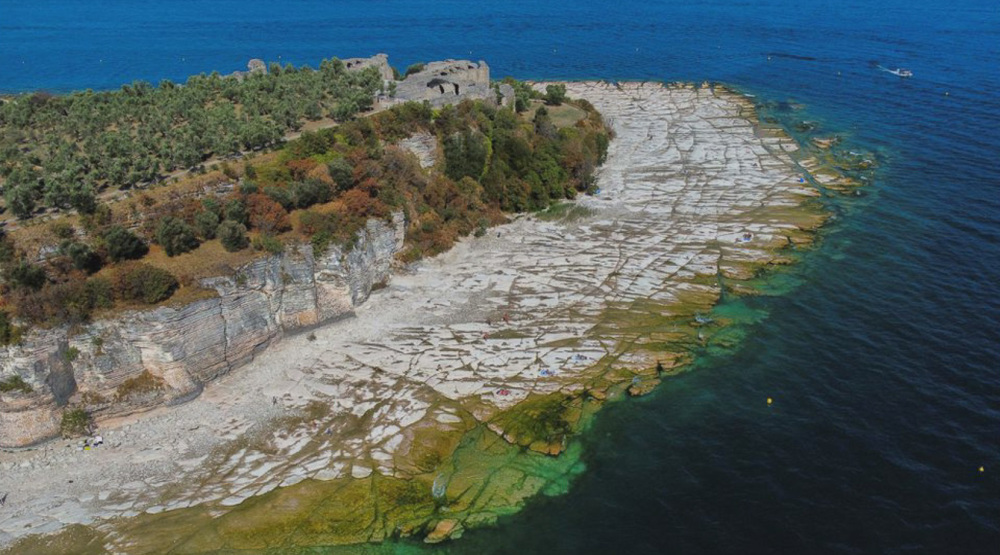
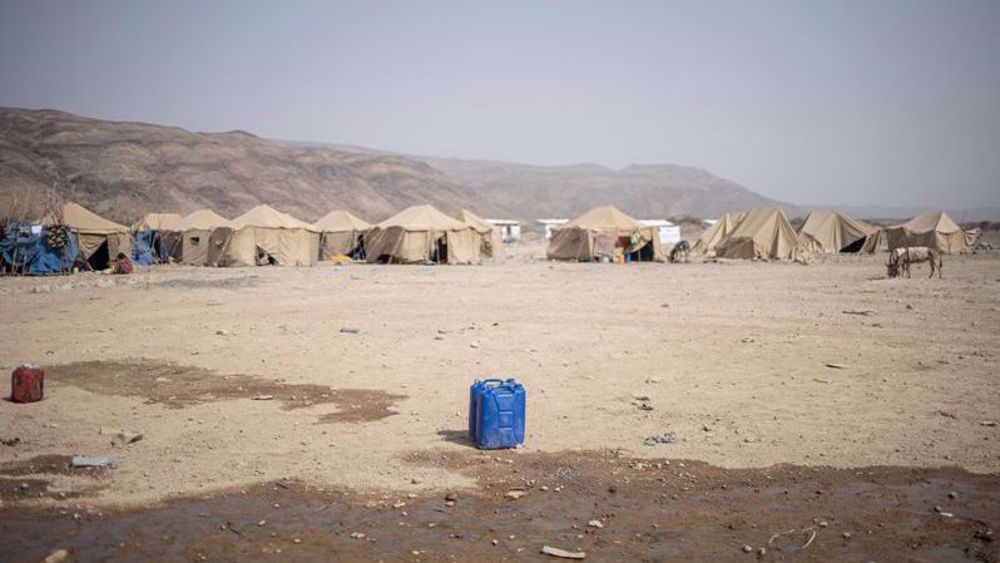
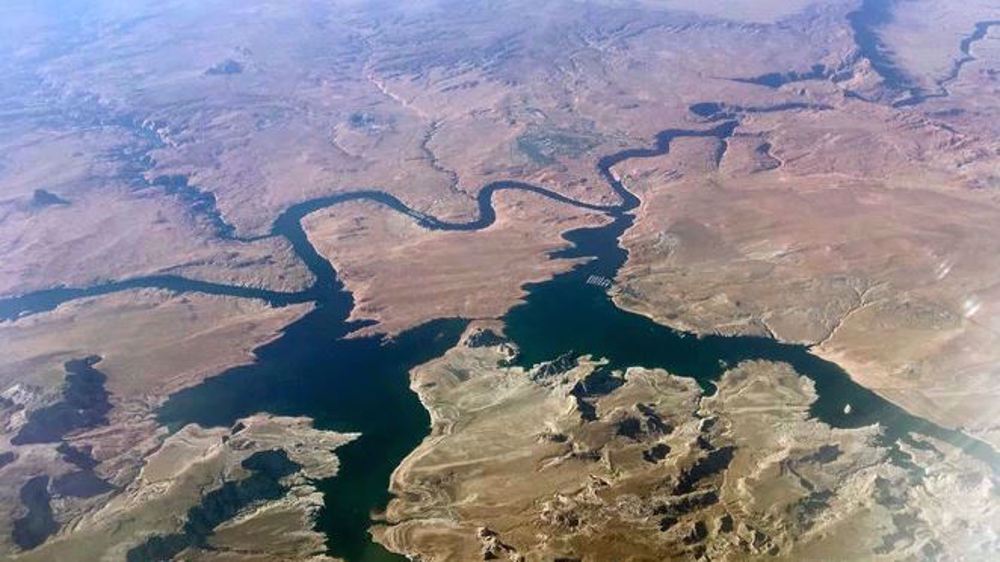
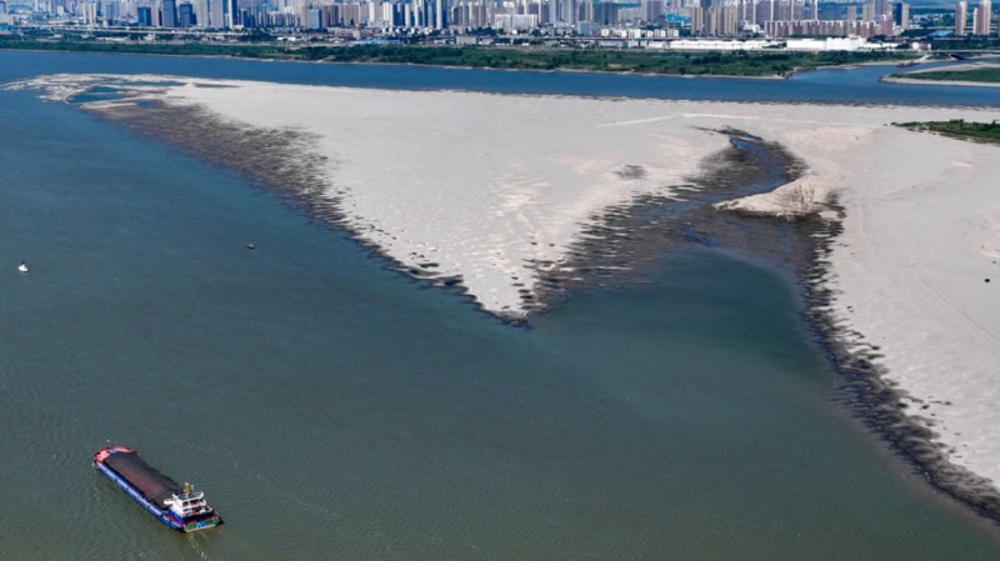
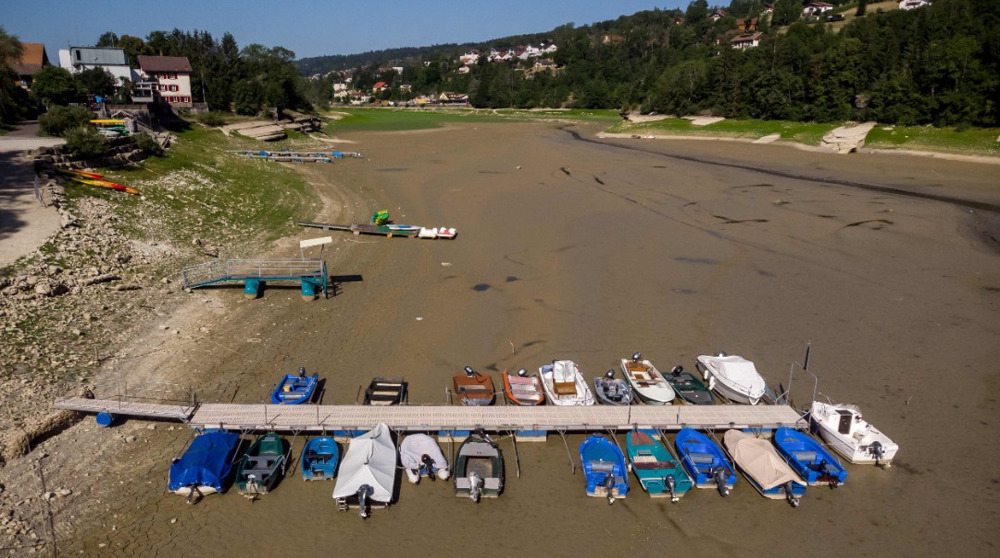
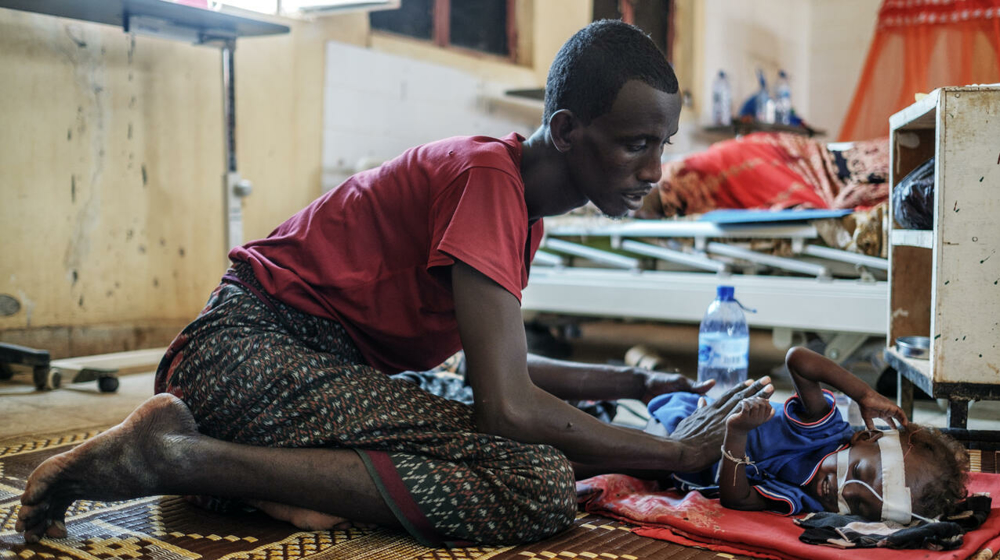

 This makes it easy to access the Press TV website
This makes it easy to access the Press TV website